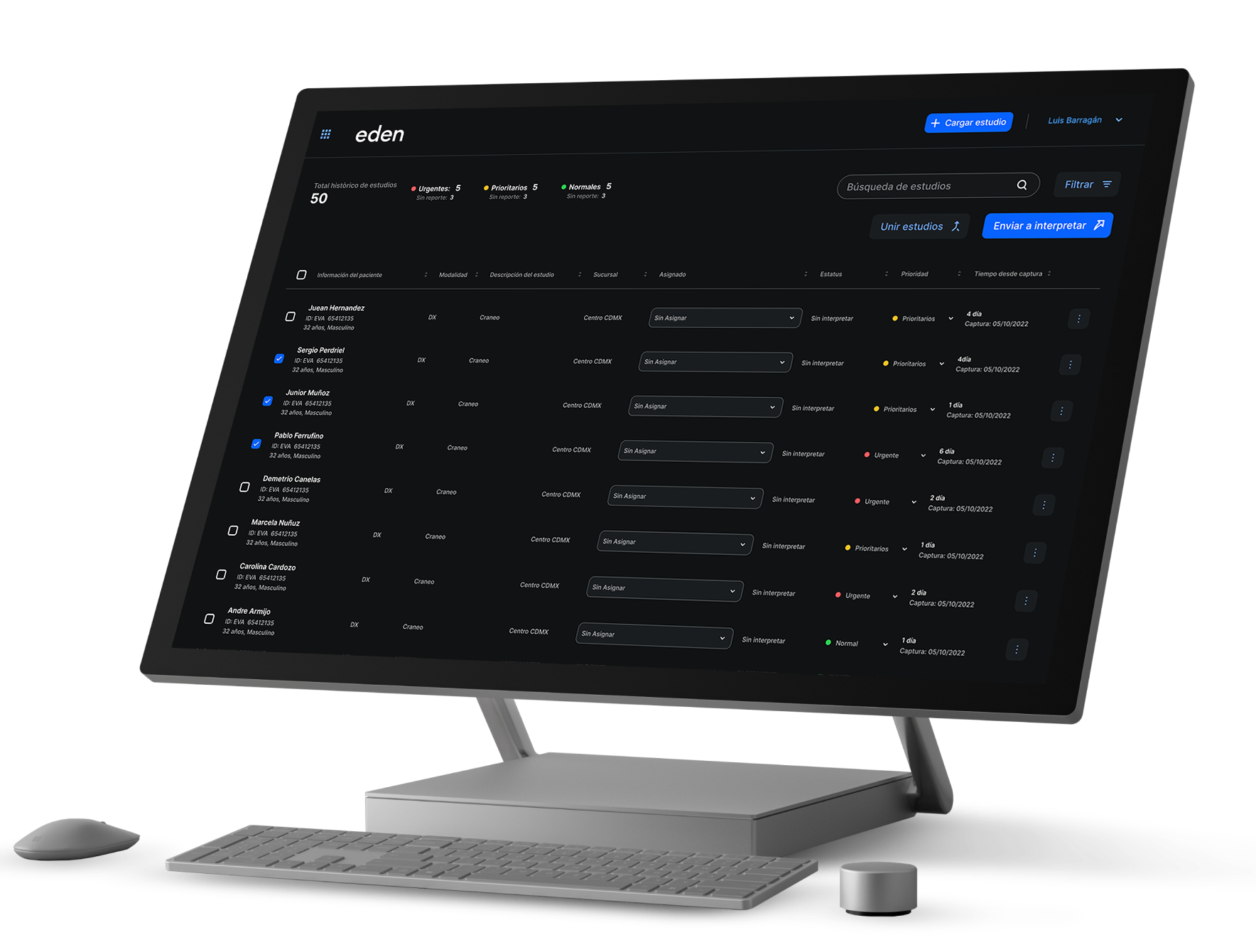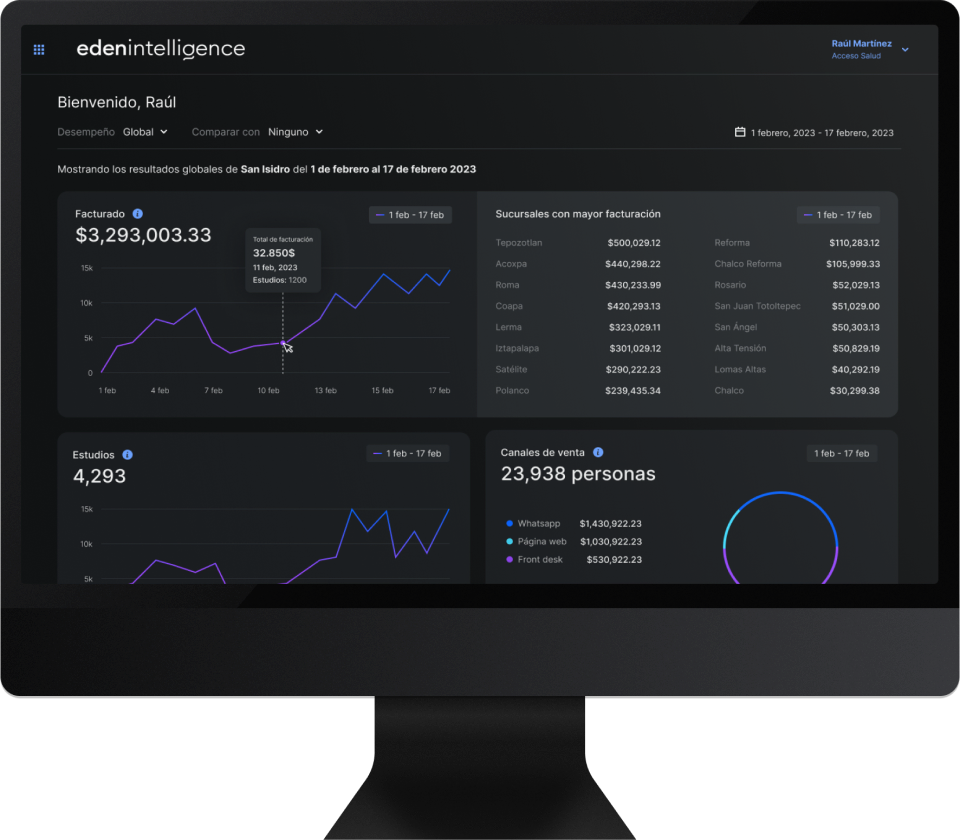During 2023, more than 133 million medical records were leaked in the United States alone, exceeding the previous year's figure by 156 percent. It is time to reinforce cybersecurity in the health system, but what is the role of radiology institutions in this monumental task?
Every data breach in the medical industry represents a massive waste of resources, puts millions of patients at risk and has even resulted in the closure of several medical institutions. To solve this problem in a definitive way, global collaboration between the different levels of the health system is required. However, there are also concrete actions that institutions and individuals can take to defend private information from malicious attacks.
Receive and provide cyber education
The future of radiology is digital. Therefore, it is the radiologist's responsibility not only to keep up to date in their area of expertise, but also to educate themselves in the use of technological platforms. Cyber attacks can occur in a variety of ways, from the Phishing Until the Ransomware. Physicians must be able to identify and respond appropriately to the warning signs of these potential attacks, such as suspicious emails or unusual behavior in computer systems.
It is also crucial to impart this cyber awareness to referring patients and doctors. Especially when using a PACS system to store and share information, radiologists and institutions alike must promote a culture of cybersecurity. This also involves choosing accessible digital platforms that can be easily used by even the most vulnerable groups, such as elderly patients.
Require secure technology and regulatory compliance
Health systems and medical institutions also have a responsibility to implement appropriate security measures and provide the necessary infrastructure to effectively protect medical information. This includes investment in advanced security technologies that are continuously updated and support dedicated to identifying potential cyber risks.
It's especially important to require institutions to collaborate with platforms that meet rigorous cybersecurity standards. Eden PACS complies with both HIPAA regulations and ISO 27001 for information protection systems, so its digital defense standards are valid internationally.
Ultimately, the fight against cyberattacks in the health system is a collaborative effort that requires the active participation of doctors, medical institutions and technology providers. By working together to strengthen cyber defenses and promote a culture of cybersecurity in the medical field, it is possible to mitigate the risk of data breaches and protect the safety of millions of patients.















.jpg)




